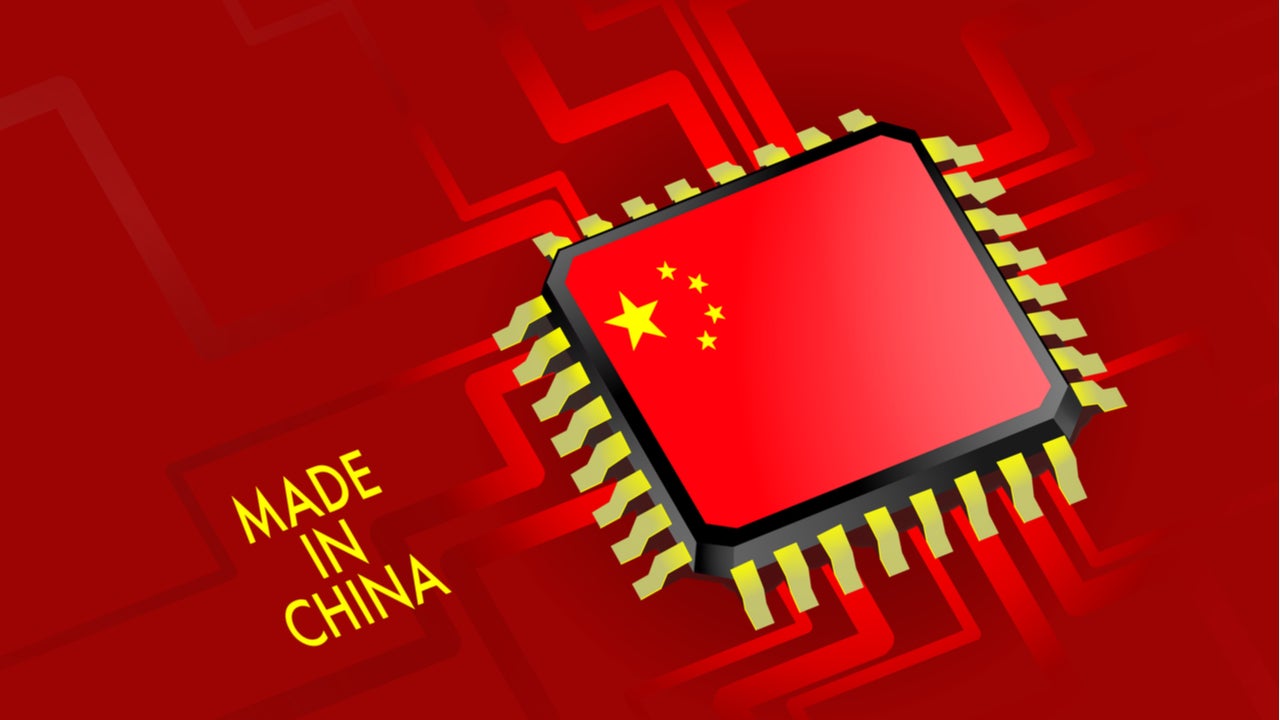Many things have changed in America since Joe Biden took over from Donald Trump as president. But foreign policy towards China, which was hostile under President Trump, has remained equally as unfriendly under Biden’s leadership.
One of the sectors that received significant attention was the tech sector. Semiconductors have been earmarked as a key strategic battleground, in which China is dependent on the US. Back in 2016, President Xi Jinping noted that “[China’s] dependence on core technology is the biggest hidden trouble for us”.
Huawei was consistently in the firing line under the Trump administration, with one official claiming that they were acting like “the mafia” and were an “utterly nonmarket player”. In his final few days as president, as a parting shot at China, Trump imposed sanctions on Huawei by notifying suppliers that their licenses to sell to Huawei would be revoked. It was not the first time that the outgoing president had sanctioned Chinese tech companies. In September 2020, the Trump Administration had placed export restrictions on China’s largest chipmaker, Semiconductor Manufacturing International Corporation (SMIC).
To President Xi Jinping, these moves will have emphasized the Chinese weaknesses that he had previously warned about. Consequently, China has announced plans to invest $1.4 trillion between 2020 and 2025 on advanced technologies including but not limited to semiconductors.
Aiming for self-sufficiency
Ultimately, China plans to become not only self-sufficient for semiconductors, but an exporter of this high-tech, profitable component. This plan, albeit ambitious, would render US chip sanctions counterintuitive. US and European companies relied on China for a great deal of their revenues, and US sanctions that kneecapped China also hindered US chipmakers to a lesser degree.
Yesterday, China’s National Bureau of Statistics announced that Chinese semiconductor output increased by 33% last year, which was double the growth rate achieved a year earlier. This figure will likely alarm policymakers in the US.
How well do you really know your competitors?
Access the most comprehensive Company Profiles on the market, powered by GlobalData. Save hours of research. Gain competitive edge.

Thank you!
Your download email will arrive shortly
Not ready to buy yet? Download a free sample
We are confident about the unique quality of our Company Profiles. However, we want you to make the most beneficial decision for your business, so we offer a free sample that you can download by submitting the below form
By GlobalDataChina has proven that it can scale-up industries against all odds
China has shown in the past that it has the skills and resources to build an industry from nascence to dominance. For example, in the early 2000s, China was very reliant on Japan for lithium-ion batteries for consumer electronics products. Japan had a highly capital-intensive and automated production line. The Chinese state heavily invested in lithium-ion batteries before anyone else, including them as a special area of government focus in 2001. The Chinese Communist Party even ordered Chinese EV makers to form the China Electric Vehicle Association to fast-forward research and development in the sector.
Companies from CATL and BYD to Ganfeng Lithium and Tianqi Lithium started from humble beginnings and have achieved a globally dominant position in the batteries and mining sectors due to the help of state subsidies, R&D, and favorable labor laws. To put it simply, China came from a position of dependence in the early 2000s to a position of supremacy a decade later.
Quality, and not just scale, of chip production, is also very important. In this respect, SMIC—which is the most technologically advanced chipmaker in China—is still a long way behind the leading position of TSMC and even Samsung, which means the latest technology will not be supported by SMIC chips.
Nonetheless, yesterday’s announcement shows that China can make big strides to counter US sanctions, and their ability to innovate and subsidize their way to the top of various industries should not be underestimated.








